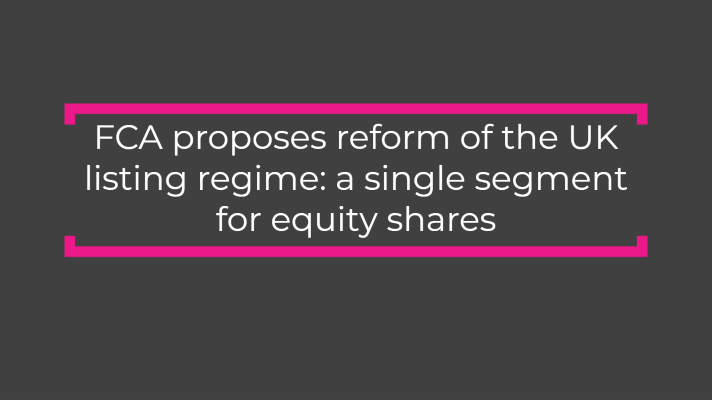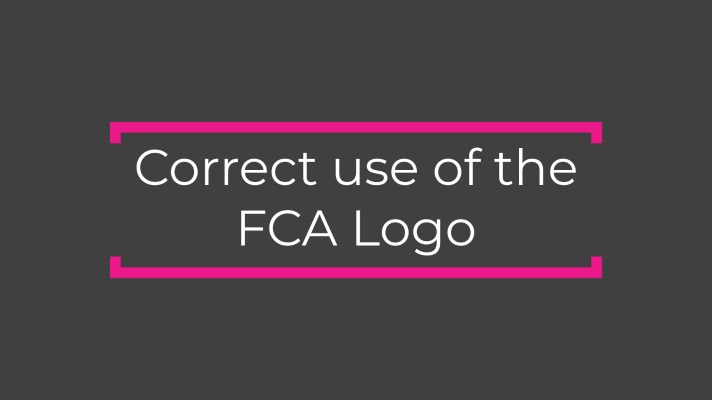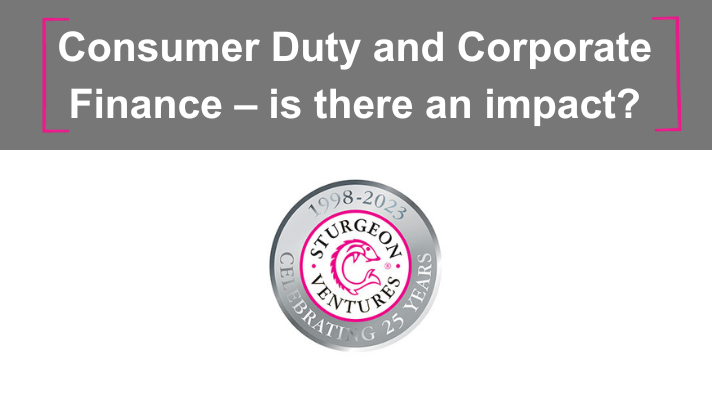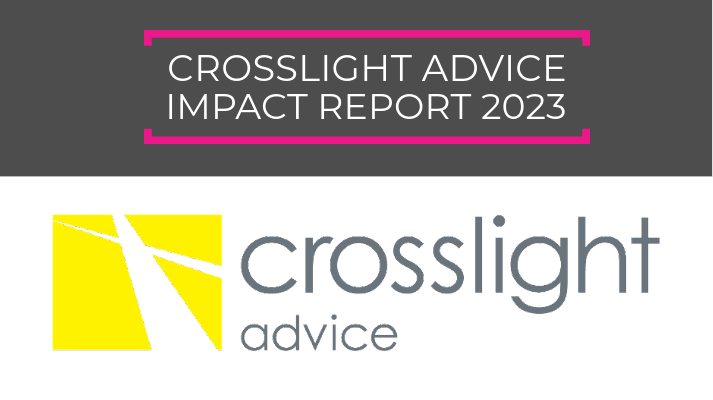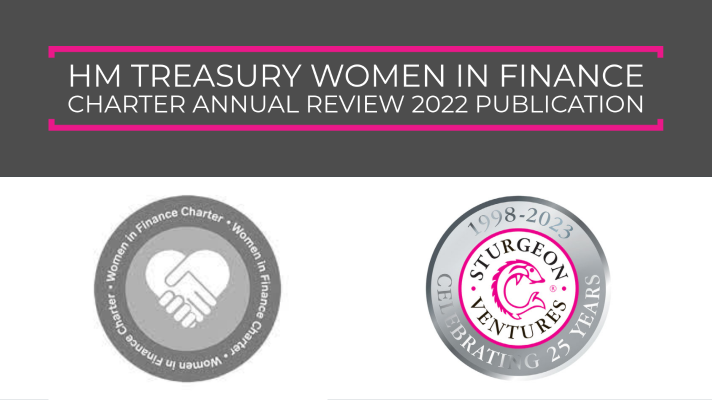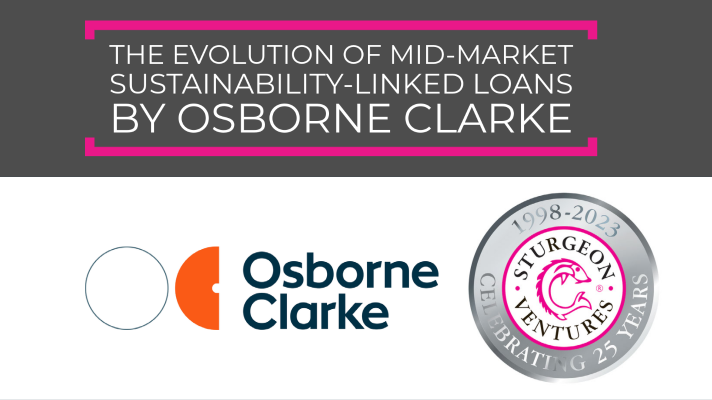FCA proposes reform of the UK listing regime: a single segment for equity shares
On 26 May 2022, the Financial Conduct Authority (the “FCA”) published a discussion paper (DP22/2), setting out its response to feedback received to consultation paper 21/21: Primary Markets Effectiveness Review and seeking views on further reform of the UK listing regime in order to promote competitiveness and boost growth.
The objectives of the proposed reforms are:
1. To ensure that the value of being listed is simpler to understand by removing complexity that is not serving a genuine and defined purpose;
2. To promote broad access to listing for a wider range of companies, while continuing to set clear, simple and robust minimum ongoing standards for listed companies, providing greater investment opportunities for investors on UK markets;
3. To empower investors to conduct their own decision-making over the suitability of listed issuers to meet their investment needs through clear, high-quality disclosure; and
4. To allow more flexibility for issuers and investors to agree where additional shareholder engagement, overseen by the FCA, is appropriate.
With these objectives in mind, the FCA has developed a possible regime based on a single segment for equity shares in commercial companies where all issuers would list under a single set of eligibility criteria (to ensure there is no “quality” differential between different issuers) and a sponsor would be required to provide assurance, maintain standards and protect investors. Issuers would then follow one set of mandatory continuing obligations and would have a choice of following a second set of supplementary continuing obligations (based on the current premium segment obligations). The current regime applying to securities other than equity shares in commercial companies, and secondary listings of equity securities in overseas commercial companies, would be retained.
Eligibility criteria
The FCA is considering removing existing financial eligibility requirements (i.e., Listing Rule 6.3 requirement to have a three year representative earning track record, Listing Rule 6.2 requirement to have three years’ of audited historical financial information that represents at least 75 percent of the issuer’s business and Listing Rule 6.7 requirement to have a ‘clean’ or unqualified working capital statement) and would, instead, move to a regime based upon disclosure, such that investors may decide whether to invest, judging the quality of the issuer based on the information in the prospectus.
This is intended to benefit companies such as those in the technology and biosciences sectors that are currently unable to meet the eligibility requirements of the premium listing segment and therefore list on other markets with different ways of assessing companies’ financial positions on admission, which, in turn, makes it more difficult for UK investors to access these companies. This is a very interesting step forward in capital market listings in the UK.
The FCA also notes that the Listing Rules duplicate certain requirements relating to control of the business, carrying on an independent business, controlling shareholders, externally managed companies and constitutional arrangements related to the company’s share structure and the rights associated with it, as both eligibility requirements and as continuing obligations. The FCA is considering whether to remove such explicit eligibility criteria which are also continuing obligations in order to avoid duplication.
Continuing obligations
Under the proposed regime, the eligibility criteria would be accompanied by two sets of continuing obligations for listed companies:
1. Mandatory continuing obligations; and
2. Supplementary continuing obligations.
In addition, existing obligations under the Market Abuse Regulation and the relevant parts of the Disclosure Guidance and Transparency Rules sourcebook would remain in place.
The mandatory continuing obligations would focus on requirements for transparency and protecting shareholders where their interests may be different to those of management or a significant shareholder. These continuing obligations are likely to incorporate the premium listing provisions on related party transactions and would include the flexible ‘comply or explain’ provisions in the current regime, such as the corporate governance code and the climate change and diversity and inclusion reporting requirements.
The supplementary continuing obligations would aim to provide shareholders with an enhanced role in holding the company to account on an ongoing basis and include provisions such as those in relation to controlling shareholders and significant transactions. Companies may opt into the supplementary continuing obligations where they consider it likely to add value, taking their business model and strategy into account. Issuers would be required to disclose in their annual reports whether they have opted into the supplementary continuing obligations.
Next Steps
The reforms considered in DP22/2 interact with other regulatory initiatives that are currently being undertaken, including the review of the UK Prospectus Regime by HM Treasury, the independent UK Secondary Capital Raising Review, the ongoing Wholesale Markets Review, as well as reforms being considered by the Department for Business, Energy & Industrial Strategy to restore trust in audit and corporate governance.
Any comments on the topics discussed in DP22/2 should be submitted via the FCA’s website, by 28 July 2022.


